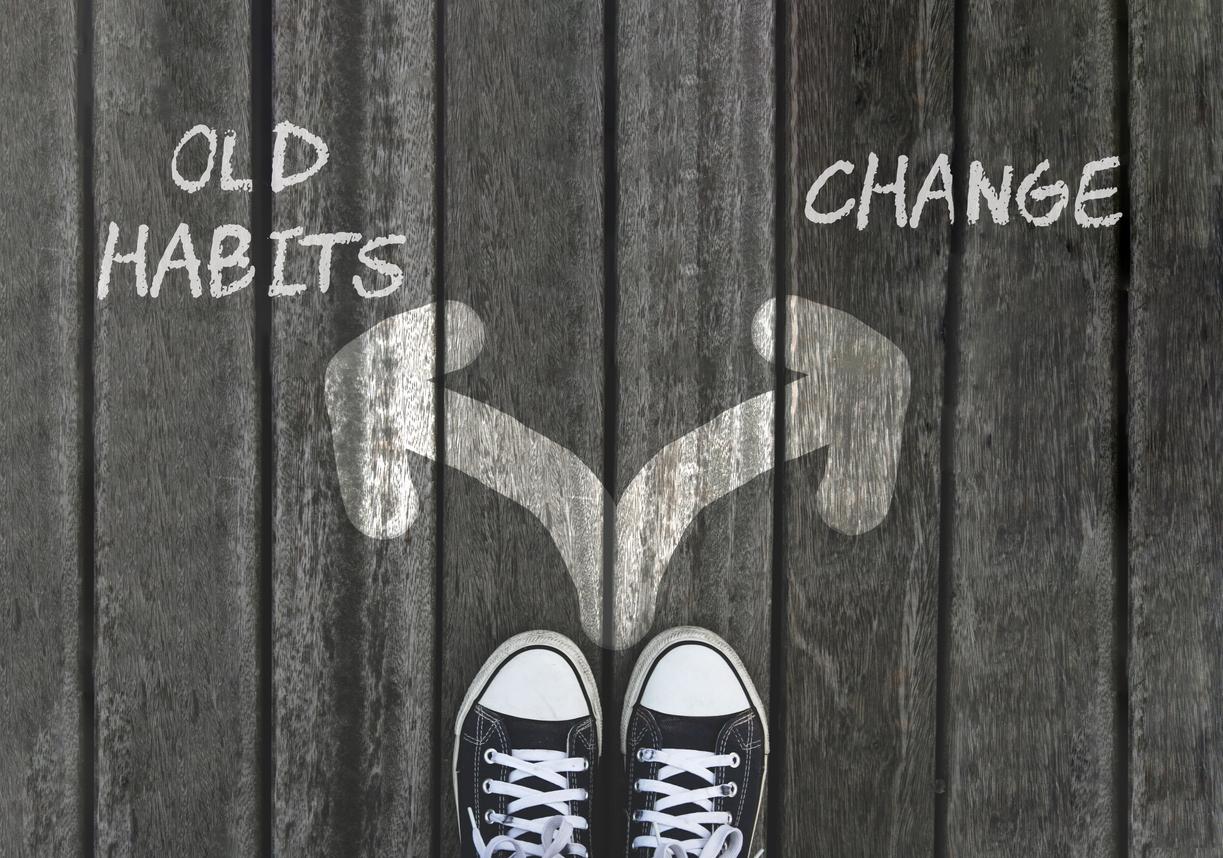With age, our brain takes longer to analyze the images it receives, which changes our perception of time.

“The year has passed so quickly”: everyone, or almost, has already heard or pronounced this sentence. This feeling of time flowing faster would not be just an impression. According to a studycarried out within the American university of Duke, when we age, our brain has a slower functioning and takes longer to recover certain information, which gives the feeling that time is speeding up.
A process related to changes in the nervous system
“People are often surprised at how much they remember from their childhood days, study author Adrian Bejan said in a statement. It’s not that the experiences of their youth were deeper or made more sense, it’s just that they were processed quickly (by the brain). neurons increase in size and complexity. Nerve signals take longer to wait for the brain, and at the same time, the nervous system becomes more resistant to the many electrical signals. All of these things make images take longer to to reach the brain and be analyzed.
Fewer images perceived in the same period
For the researcher, the speed at which babies’ eyes move attest to his conclusions: “infants process images faster than adults, their eyes move more often, acquire and integrate more information”. As our adult brain ages, it takes us longer to get the images for the same given period, and that’s why we have the impression that time passes more quickly. “Days seem to last longer in youth because a young mind processes more images in a day than the same older mind,” says Adrian Bejan. The process causes a feeling somewhat similar to that which one would have when looking at a photo album from which certain images have been removed.
.














